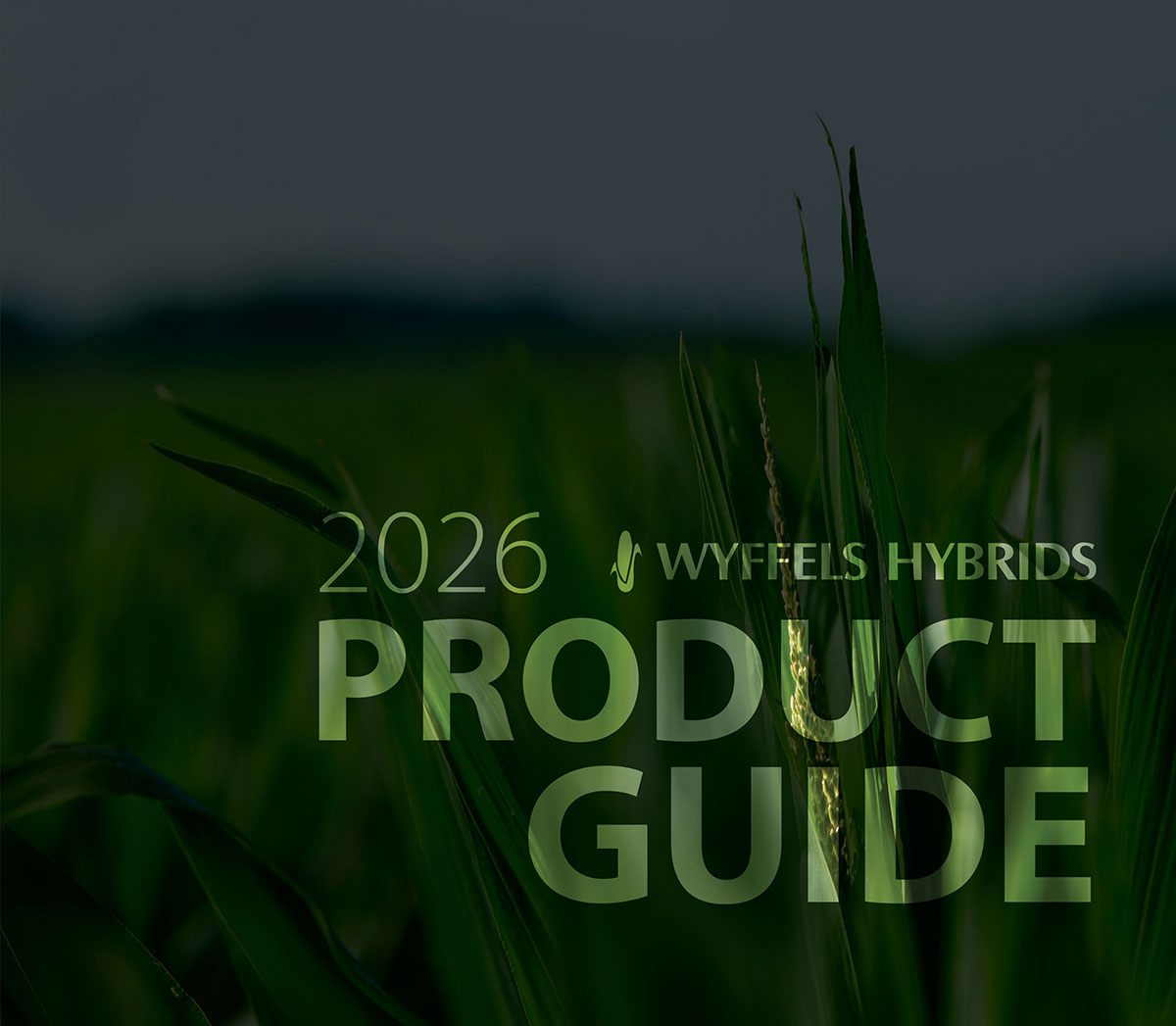SOIL INSECTICIDES PROVIDE CORN FARMERS with protection against many soil dwelling pests, primarily corn rootworms. Recent trends have shown a slight decline in rootworm traited acres, leaving some corn farmers wondering about the benefits of soil insecticide.
LOW ROOTWORM PRESSURE EQUALS LITTLE BENEFIT FROM SOIL INSECTICIDE. In fields documented to have low rootworm pressure, little benefit is shown for using a soil insecticide. We therefore recommend a soil insecticide be used only when rootworm pressure is expected to be high. Figure 1 shows SmartStax® and non-rootworm traited hybrid performance, with and without a soil insecticide, under low and high rootworm pressure. Using a soil insecticide with SmartStax added two bushels under high CRW pressure, however this is not statistically significant or enough to provide a return on investment. SmartStax hybrids without insecticide provide consistent returns, and are the preferred option when planting in fields with high expected rootworm activity.
THE DECISION TO USE A SOIL INSECTICIDE COMES DOWN TO KNOWLEDGE OF THE PEST PRESSURE OR ACTIVITY IN A FIELD. Corn rootworm pressure can be predicted by monitoring adult populations with sticky traps the prior year. If rootworm populations are expected to be high, planting a SmartStax hybrid is the top recommendation to manage risk. Other pests, such as grubs and wireworms, can be scouted by digging, baiting or knowing the pest history of the field. Soil insecticides are very effective tools against these non-rootworm pests.

